Raising teenagers is a bit of a task for every parent. While they are in their transition period, parents can’t do much but helplessly see the transformation happen. But it isn’t always necessary to just sit and observe. Even if they are transforming to their independent selves, parents can contribute to making their children at least good human beings.
In this post, Hiptoro has managed to compile some tweets shared by parents about raising their teenage kids. You might relate to some and laugh about the remaining. Well, it is totally up to you whether you want to scroll down and find something that is relatable to your personal experinces.
1

2

Experts suggest that parents often convey the wrong message to their teenage kids, that they’re only good when they are not getting involved in bad activities, such as hanging around with the wrong peers, abusing substances, or having sex. But this can have a bad impact on them, and can actually promote them to behave in a negative way.
“Parents of teens have to accept it’s normal for children to pull away from them during the teen years so they can carve out their own identity and embrace growing up,” Vicki Broadbent, an award-winning lifestyle blogger, parenting expert, and bestselling author of Mumboss (UK) and The Working Mom (the US and Canada), told Hiptoro. “Teenhood is about playing being an adult. Parents are still needed, of course, more so than ever, to provide education, love, support, and boundaries for their kids.”
Vicki said it’s a good idea to try not to be too hard on your teen, as “rules were made to be broken and they will test you just as you tested your own parents at their age.”
3

4

5

Adolescence is a critical and confusing period for the entire family, but there is plenty of scope to nurture kids in the right direction. “Try to involve them in decisions which affect them and try to break the cycle of constant bickering. Spend some one-on-one time with them but let them lead you, asking what they want to do, see, buy, etc. Get to know their ever-evolving personalities,” she added.
“I found my parents teaching me to cook properly (a 3-course meal as well as favorite dishes) was a way we could not only bond together when I was a teen but it was a way to give me a gift of independence too, a means for me to become less reliant on them,” Vicki Broadbent said. “You taught your kid to ride a bike, now teach them life skills so they can be adults without you at some point.”
6

7

8

9
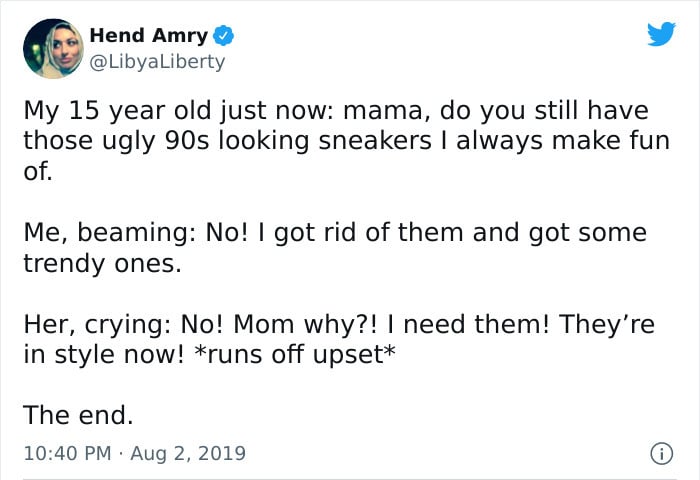
10

There is a thin line between giving your child freedom and controlling their lifestyle. Vicki believes that “teens and preteens (like my eldest) need to know that there are consequences to their actions and explaining how you feel when they go against your wishes is best. Make it about you (this is what other therapists/psychologists have taught me and it works)!”
Discipline is about teaching, and not about controlling their lives. If you want to encourage your teen to behave correctly, you should promote their good behavior, and point out their negative approach. To understand why your child behaves in a certain way, you’ll have to closely understand their actions. Suppose they are behaving inappropriately, you should find the cause that is affecting them. It can be related to school, peer groups, or social acceptance.
11
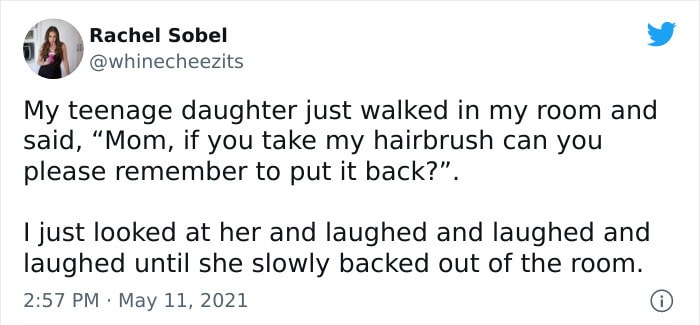
12
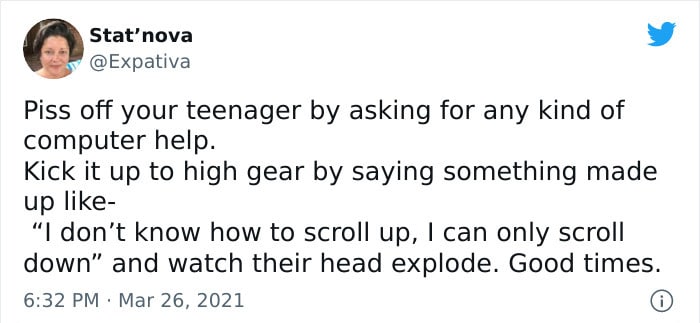
13

“Explain that coming home after their curfew means that you are up with anxiety until they arrive back home and that it’s unfair on you, describing how you feel (breathless, tearful, etc),” Vicki Broadbent suggested. “Arrange a plan that they text or call you if they’re running late and compromise with them, stating that they have 30 minutes leeway for example to make it home, and after that deadline is broken, they’ll find themselves grounded and unable to attend the gig they’d planned to go to next weekend, etc.”
“Inform them of what they might lose if they break the rules before they head out though so they’re aware of the consequence before they go astray as this might hopefully deter them. Explain that you will give them more space if they build trust with you.”
Parents truly have the power to influence their children.
14

15
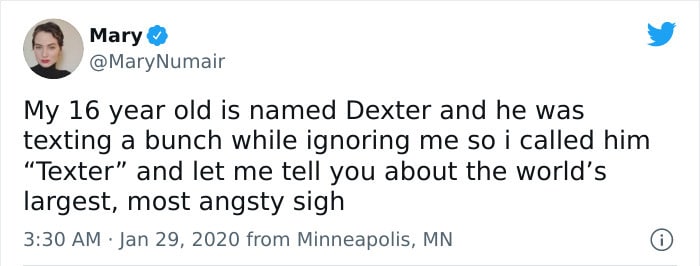
16
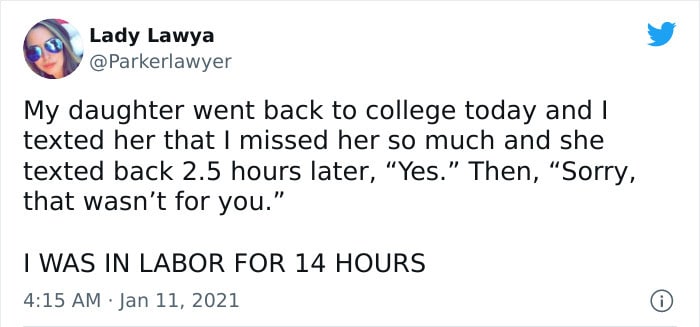
17
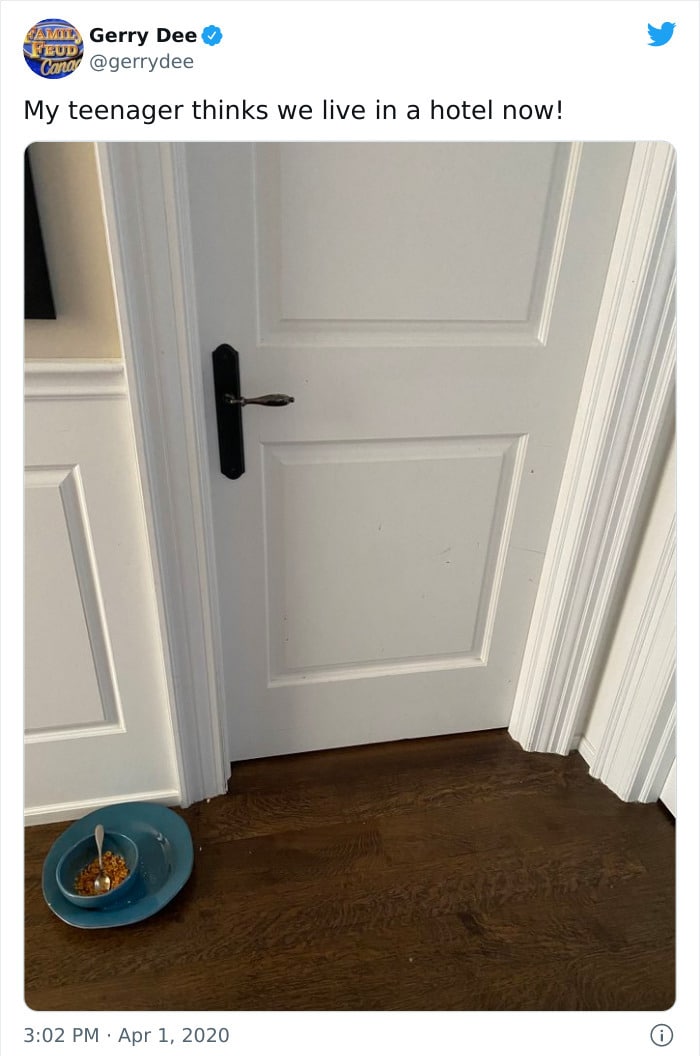
18
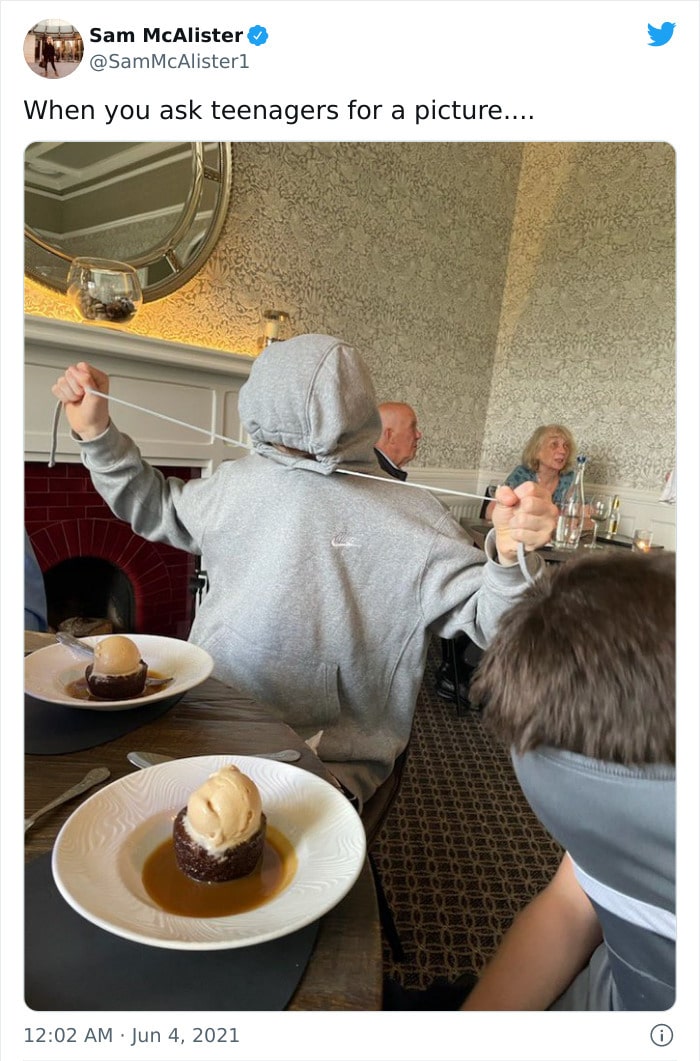
19
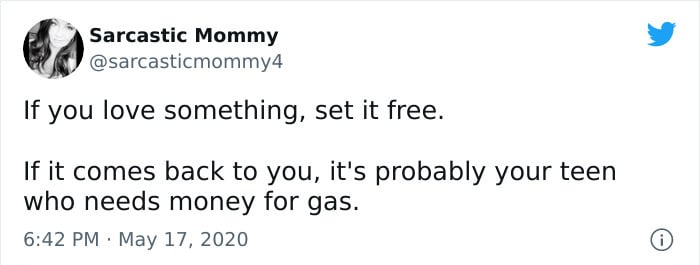
20

21

22
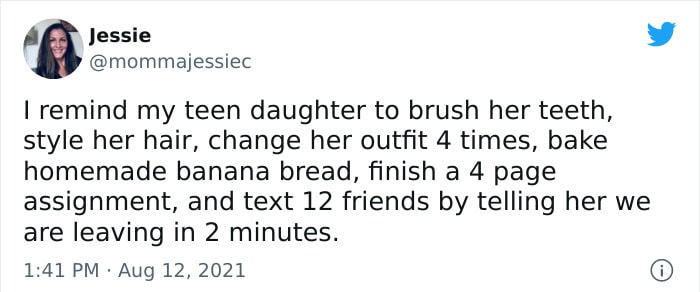
23
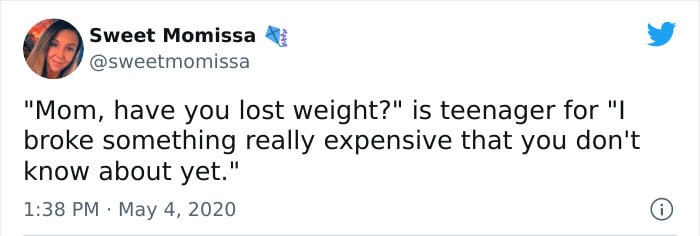
24

25
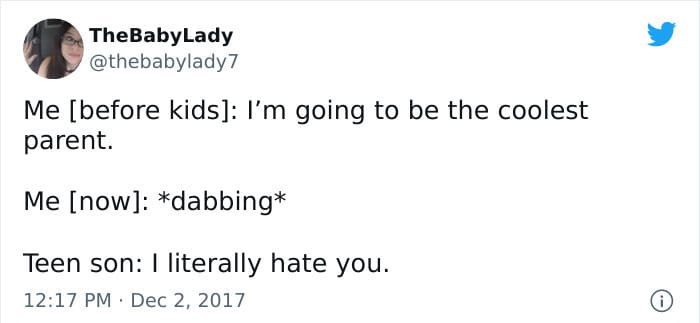
26
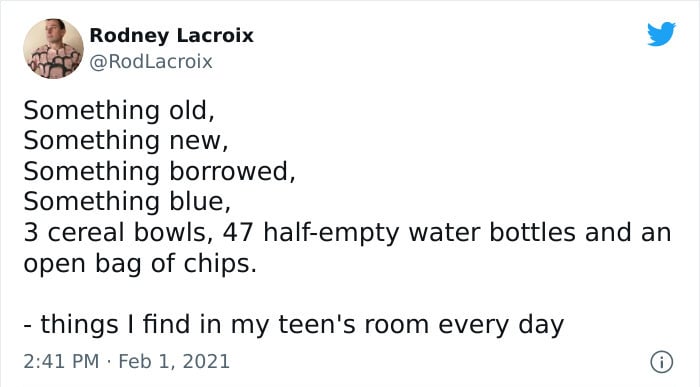
27
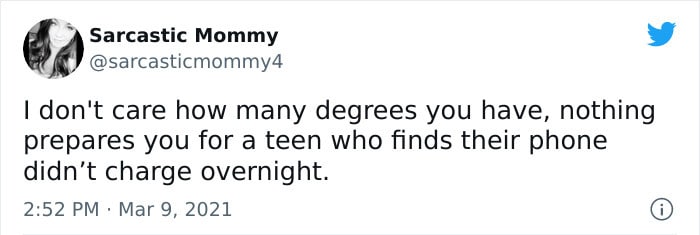
28

29
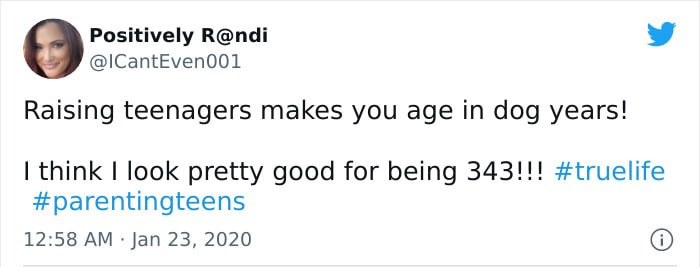
30

31
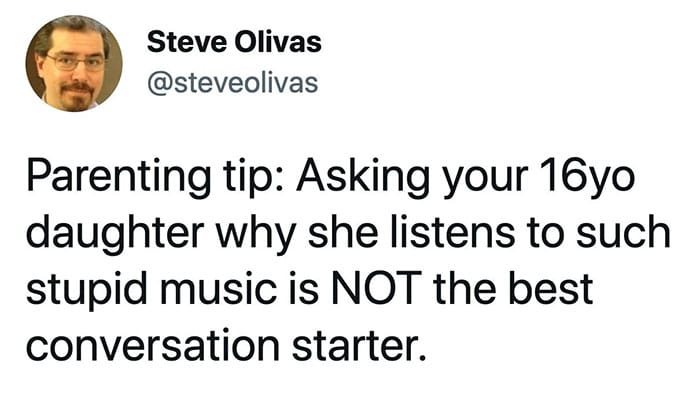
32

33
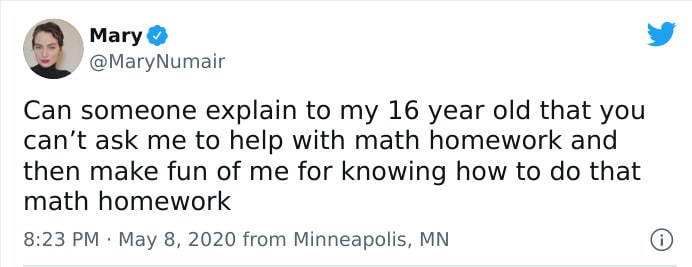
34

35

As parents, you do not want your child to go in a negative direction. But if you want to, you should pay enough attention to them. As well as, give them the freedom to have open communication with you regarding their problems. This will help you create a close bond, and make it simpler for you to make them accept what you want them to do.









